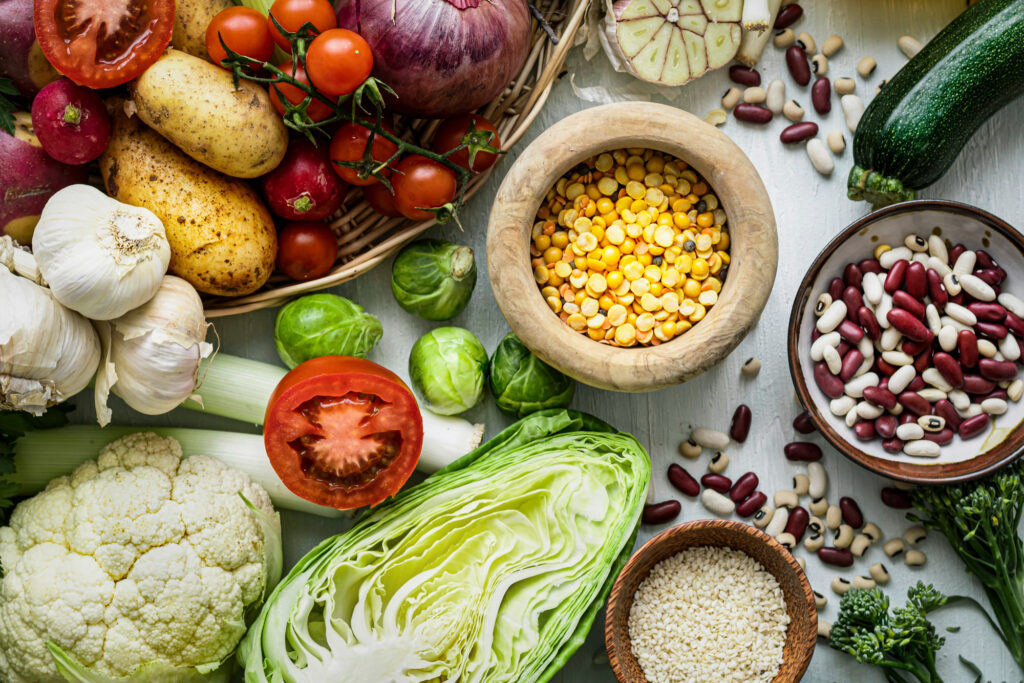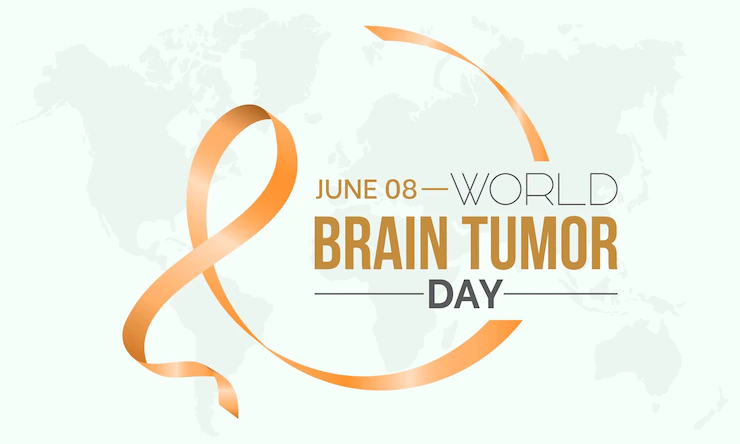World Brain Tumour Day 2022
Each year on June 8th, World Brain Tumour Day brings awareness to this debilitating disease. This day focuses on educating people about the symptoms and treatment options for brain tumors. Symptoms and information can be spread through various media channels, such as social media. During World Brain Tumour Day, people are encouraged to wear a blue ribbon, donate money, or participate in a brain tumour awareness event.
To raise awareness of this cause, many people wear a grey ribbon and spread the word about the disease. This ribbon is part of an awareness campaign run by the National Brain Tumour Society. According to the National Brain Tumour Society, approximately 688,000 people in the United States suffer from brain and central nervous system cancers. World Brain Tumour Day was established in 2000 by the Deutsche Hirntumorhilfe.
Each year, the German Brain Tumour Association has designated June 8th as World Brain Tumour Day. This event is intended to educate the public about the various causes of brain tumours and provide support and information for those affected by them. Since the first World Brain Tumour Day was celebrated in 2000, there have been more than 500 new cases of brain tumours each day. In 2022, the theme of World Brain Tumour Day will be “Together We Are Stronger” and will promote awareness of brain tumours.
What You Need to Know About Brain Tumours
When you are diagnosed with a brain tumor, you will probably be overwhelmed by the news. While a brain tumor is a scary condition, the good news is that it is highly treatable. If you suspect that you might have one, it is important to talk to your doctor. This will help you both cope and build trust. Listed below are some common symptoms, as well as some ways to find out more. Listed below are some ways to learn more about brain tumors.
Symptoms and Causes of Brain Tumor
There are many causes and symptoms of a brain tumor. Some tumors are harmless and cannot cause symptoms, but some can grow and invade other parts of the brain. Symptoms can occur when a brain tumor begins to grow,
- Disrupting normal brain function
- Pressing on sensitive tissues.
- Block fluid and blood flow
- Impairing brain activity and signaling.
Some tumors do not cause symptoms, but they are still dangerous. Fortunately, most of them can be removed surgically.
The most common type of brain tumor is glioblastoma, which is more common as the general population ages. Despite the fact that most primary brain tumors are benign, they can still require surgery and other treatment options. Treatment should be tailored to the type of tumor, the location, and the symptoms of the patient. If the tumor is not in an accessible area, other treatment options may be needed.
Headaches are one of the most common symptoms of brain tumors. While headaches can be caused by a variety of causes, those from a brain tumor are often severe and persist for several days. A brain tumor causes stabbing pain when pressure is applied to the head. Seizures in the brain are also common. Other signs of brain cancer are difficulty swallowing, facial paralysis, and sagging eyelids.
Early detection is crucial in detecting brain tumors before they cause symptoms. The symptoms of a brain tumor vary from child to child. The doctor will perform a neurologic exam to determine where the tumor is located and if the patient’s senses are functioning normally. A doctor may also order imaging tests to determine the exact location and size of the tumor. A brain tumor can affect a child’s abilities, behavior, and mood.
Here Are 9 Superfoods That Can Reduce Your Risk

Beans
Many people do not realize that there are a number of ways to reduce the risk of brain tumors, but this new research may prove to be very beneficial. A new study conducted in Japan has demonstrated that the consumption of beans can decrease the risk of developing brain tumors by nearly 50%. The results were surprising but not completely surprising. Researchers were able to identify a number of metabolic pathways, including eicosanoid metabolites and protein kinase C, and eicosanoid degradation mediated by 15-PG dehydrogenase. The researchers believe that these pathways may be misregulated in brain tumors and would benefit from targeted analytical methods.
Berries
Researchers have discovered an interesting connection between eating berries and a reduced risk of brain tumors. Eating berries reduce the risk of developing cancer by protecting the DNA from oxidation, and they may also reduce the growth of cancer cells. However, further studies are needed to see if these benefits apply to humans. However, studies show that berries may benefit brain health and even prevent the side effects of cancer treatment.
Tomatoes
Tomatoes have a long list of health benefits, and eating them regularly may help reduce your risk of brain tumors. These include decreasing blood perfusion, inhibiting the growth of tumors, and decreasing VEGF expression. These benefits are even greater when tomatoes are included in a healthy diet, which is why tomato consumption is recommended in such a diet. However, the protective effects of dietary tomatoes are limited by a few factors, including the Western diet.
Cruciferous Vegetables
A diet rich in fruits and vegetables is associated with a reduced risk of many chronic diseases, including cancer. Cruciferous vegetables, which include broccoli, cabbage, cauliflower, kale, Brussels sprouts, and watercress, have a number of phytochemicals. These chemicals have been identified in clinical and preclinical studies and are believed to have various protective effects, including inhibition of DNA damage, anti-inflammatory, and antioxidant effects, and an influence on estrogen metabolism.
Turmeric
Curcumin, a compound found in turmeric, has shown promise in cancer treatment. Studies have shown that turmeric reduces tumor growth by blocking the proliferation of cancer stem cells. The presence of curcumin in brain tumors inhibits the growth of brain tumors in mice. Although the efficacy of turmeric as a brain tumor treatment remains to be seen, this spice has the potential to improve the survival rates of brain tumor patients.
Nuts
If you’re worried about the risk of a brain tumor, you may want to eat more nuts. Not only do they contain many beneficial nutrients, but they also have a reputation as fattening and calorie-dense foods. In fact, recent studies have linked eating nuts with a reduced risk of cancer and heart disease. Additionally, they can help you manage your weight. That means more walnuts for you!
Garlic
Scientists at the Medical University of South Carolina have discovered a compound found in garlic to reduce the risk of developing a brain tumor. Its effects were discovered when researchers looked at glioblastoma cells, a type of tumor that is highly aggressive and almost always fatal. Garlic compounds, called DATS, halted the growth of cancer cells and may even prevent the development of brain tumors.
Citrus Fruits
Eating citrus fruits has been proven to help prevent brain tumors. The antioxidant and anti-cancer properties of lycopene in these fruits reduce the harmful effects of cancer treatments like chemotherapy and radiation. It may also help reduce the risk of developing cancer in the brain. However, it is important to note that consuming citrus fruits may not completely protect you from brain cancer. Therefore, it is crucial to consume them in moderation.
Fatty Fish
Eating fatty fish may help to reduce the risk of brain tumors. A meta-analysis of nine observational studies, involving 4428 cases of brain tumors and 501,617 participants, supported the finding that fish intake was associated with lower risk. The analysis also included a dose-response analysis. The small number of studies, however, limited its statistical power and prevented further subgroup analyses.
Also, Read About: Type 2 Diabetes May Cause Your Brain To Age Fast
In conclusion, One of the most recent studies has found that eating a lot of processed meat and sugar may increase your risk of developing brain cancer. On the other hand, eating more fruits, vegetables, and fresh fish is associated with lower risks. Some antioxidants and dietary patterns have also been found to have protective effects against glioma. However, more research is needed to find a conclusive link between dietary habits and the formation of brain tumours.








